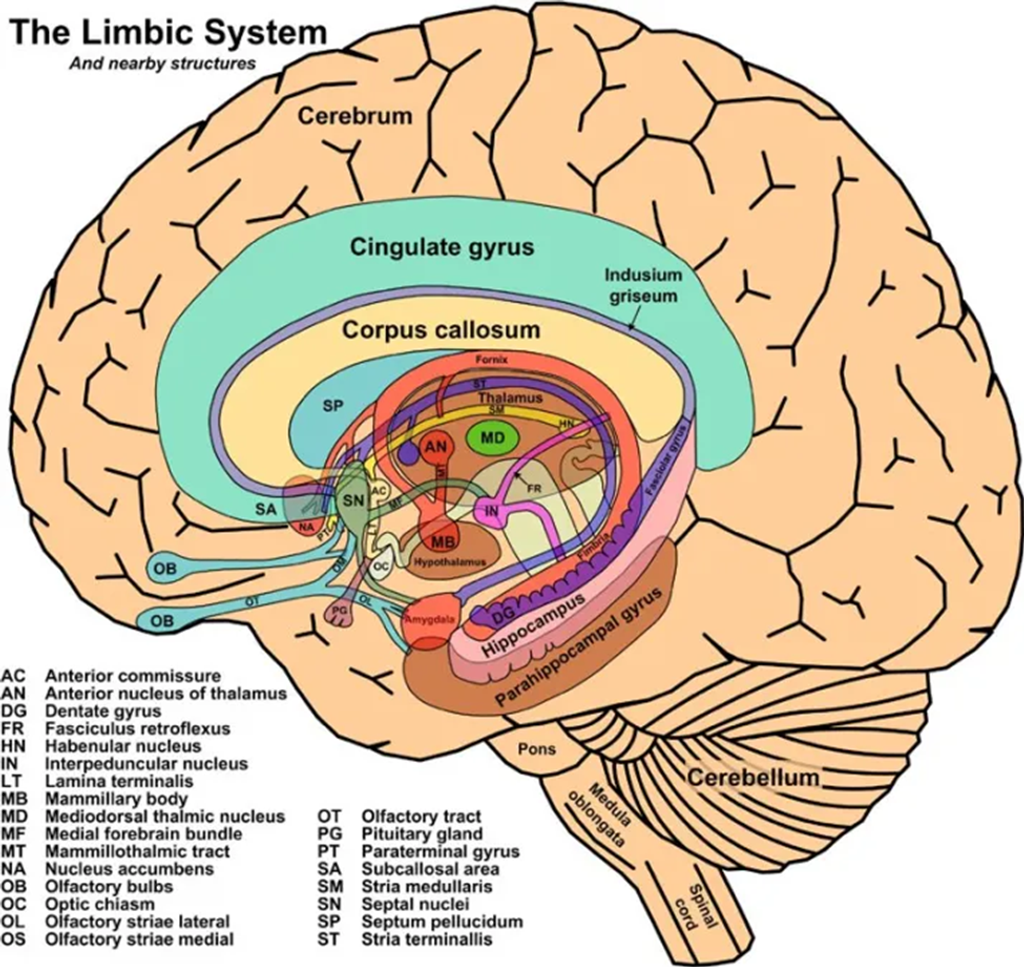In a fascinating neurology case, a 44-year-old gentleman arrived with a puzzling two-week about of subtle weakness in his left leg. His journey began at just six months old when he underwent a ventriculoarterial shunt procedure to address postnatal hydrocephalus of mysterious origins. Fast forward to his teenage years, at the age of 14, he encountered a perplexing turn of events as he experienced ataxia and paralysis in his left leg. However, through the marvels of medical intervention, complete resolution came about after a shunt revision. Despite these captivating twists, his neurological development and medical history remained unremarkable.
The Enigma of Brain Study – Neurology
The extent of our understanding of our brain’s pales compared to the vast unknowns that still elude us. This reality is sharply emphasized by the perplexing medical case of a 44-year-old French father of two who discovered one day that he was missing a significant portion of his brain. In its place, his skull was predominantly filled with fluid, leaving little to no brain tissue behind. Suffering from hydrocephalus, commonly known as “water on the brain” or “water head,” his lifelong condition arises when an excess of cerebrospinal fluid exerts pressure on the brain, leading to abnormal enlargement of its cavities.
Axel Cleeremans, a cognitive psychologist at Université Libre in Brussels who has spoken extensively about this case, remarked to a news platform: “He led an ordinary life. He has a family and a job. When his IQ was assessed at the time of his concern, it was determined to be 84, slightly below the average range … So, while this individual may not be highly intelligent, he is perfectly competent socially.”
Unexpected Revelation: From Leg Pain to Brain Discrepancy
The complaint Cleeremans mentions is the initial reason the man sought medical assistance – he was experiencing leg pain. Just imagine – you visit your doctor for a leg cramp and end up discovering that you’re living with the absence of most of your brain.
Despite having three of his primary brain cavities filled solely with fluid and his brainstem and cerebellum confined to a limited space they share with a cyst; the man persists in leading a general life as a family man with a wife and children and working as a civil servant.
Unraveling Insights: Plasticity and Consciousness
What insights can we learn from this exceptional case? As noted by Cleeremans:
One of the key takeaways is that plasticity likely extends far beyond our previous understanding… It’s truly remarkable that the brain can maintain functionality, more or less, within the expected range, even with potentially far fewer neurons than in a typical brain. Another lesson, particularly pertinent for those intrigued by consciousness—how biological brain activity generates awareness…!

“One idea I’m defending is that awareness depends on the brain’s ability to learn.”
Challenging Conventional Wisdom: A New Perspective on Consciousness
The narrative of the French man challenges the idea that consciousness emanates solely from one specific part of the brain. Present theories suggest that the thalamus is responsible for our self-awareness. However, a man with most of his brain absent challenges such theories, as they do not neatly align with these hypotheses.
The Brain’s Odyssey: Learning to Be Conscious
Cleeremans believes that consciousness is acquired through the brain’s learning process. In his Theory of Radical Plasticity, he argues that the brain consistently adjusts and learns to articulate its functions, attaining knowledge and awareness of that knowledge. Furthermore, Cleeremans characterizes consciousness as “the brain’s theory of itself.”
References
- Scientific mystery: Man living with 90% of his brain missing [Internet]. Cited from BIG THINK (Accessed on April 10, 2024). Available at: https://bigthink.com/life/the-medical-mystery-of-a-man-living-with-90-of-his-brain-missing/
- Feuillet L, Dufour H, Pelletier J. Brain of a white-collar worker. Lancet. 2007 Jul 21;370(9583):262. DOI: 10.1016/S0140-6736(07)61127-1.
About Docquity
If you need more confidence and insights to boost careers in healthcare, expanding the network to other healthcare professionals to practice peer-to-peer learning might be the answer. One way to do it is by joining a social platform for healthcare professionals, such as Docquity.
Docquity is an AI-based state-of-the-art private & secure continual learning network of verified doctors, bringing you real-time knowledge from thousands of doctors worldwide. Today, Docquity has over 400,000 doctors spread across six countries in Asia. Meet experts and trusted peers across Asia where you can safely discuss clinical cases, get up-to-date insights from webinars and research journals, and earn CME/CPD credits through certified courses from Docquity Academy. All with the ease of a mobile app available on Android & iOS platforms!







